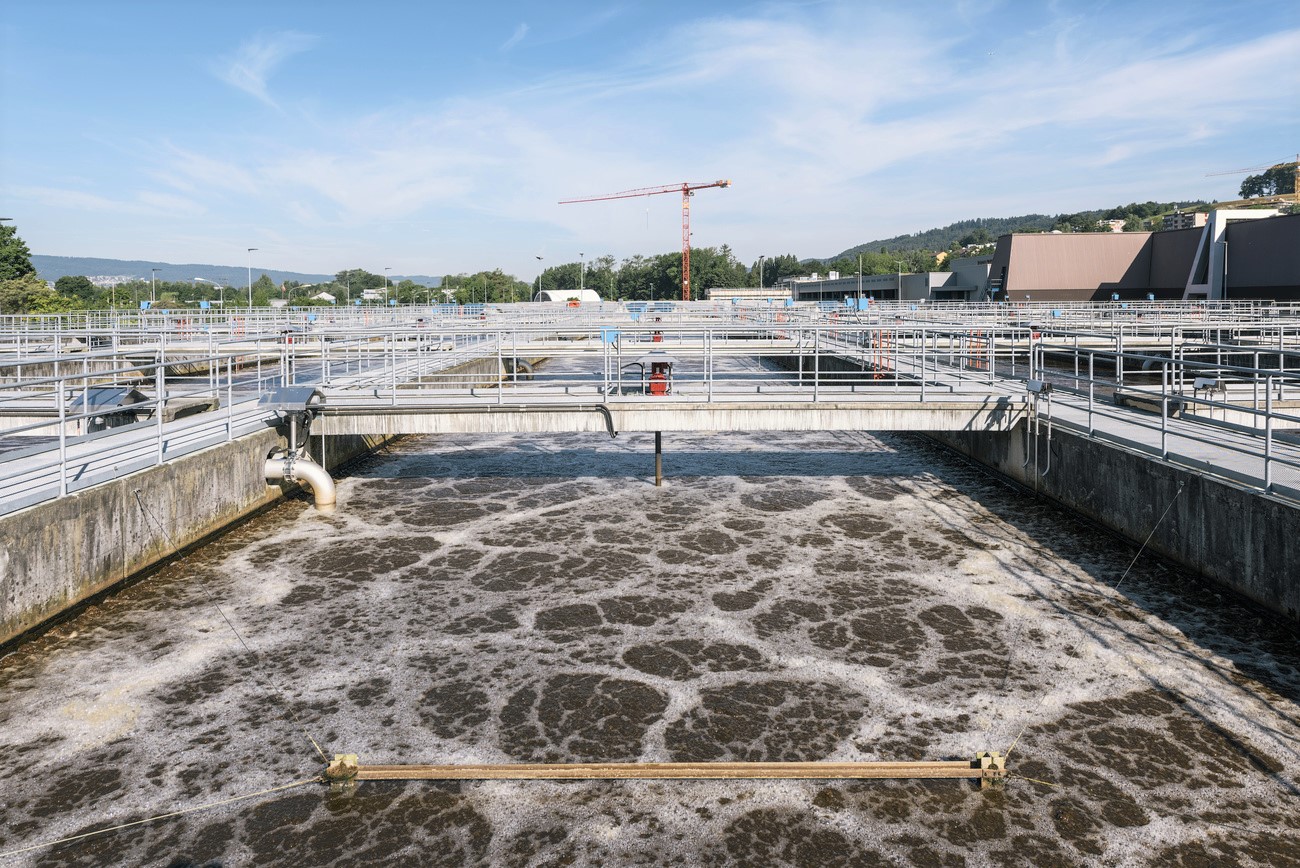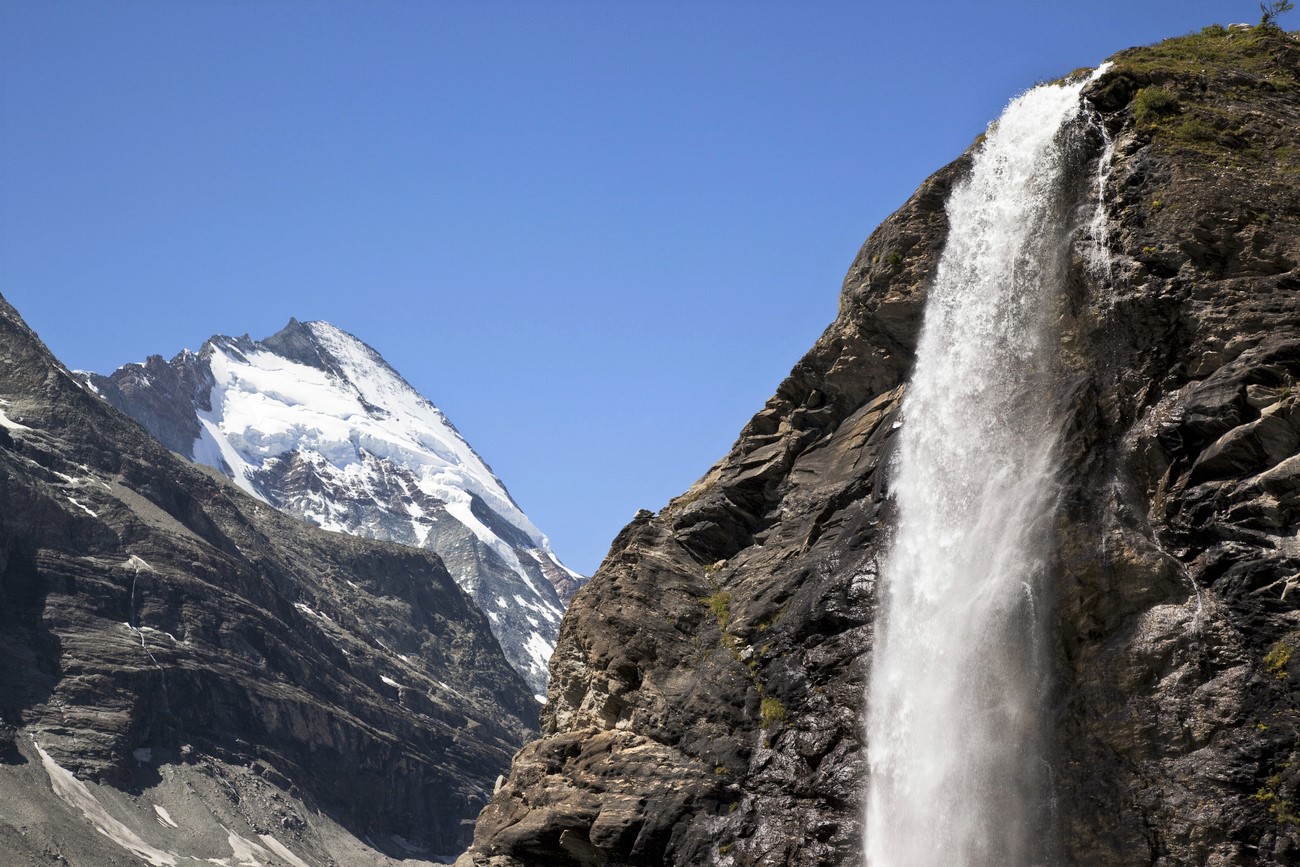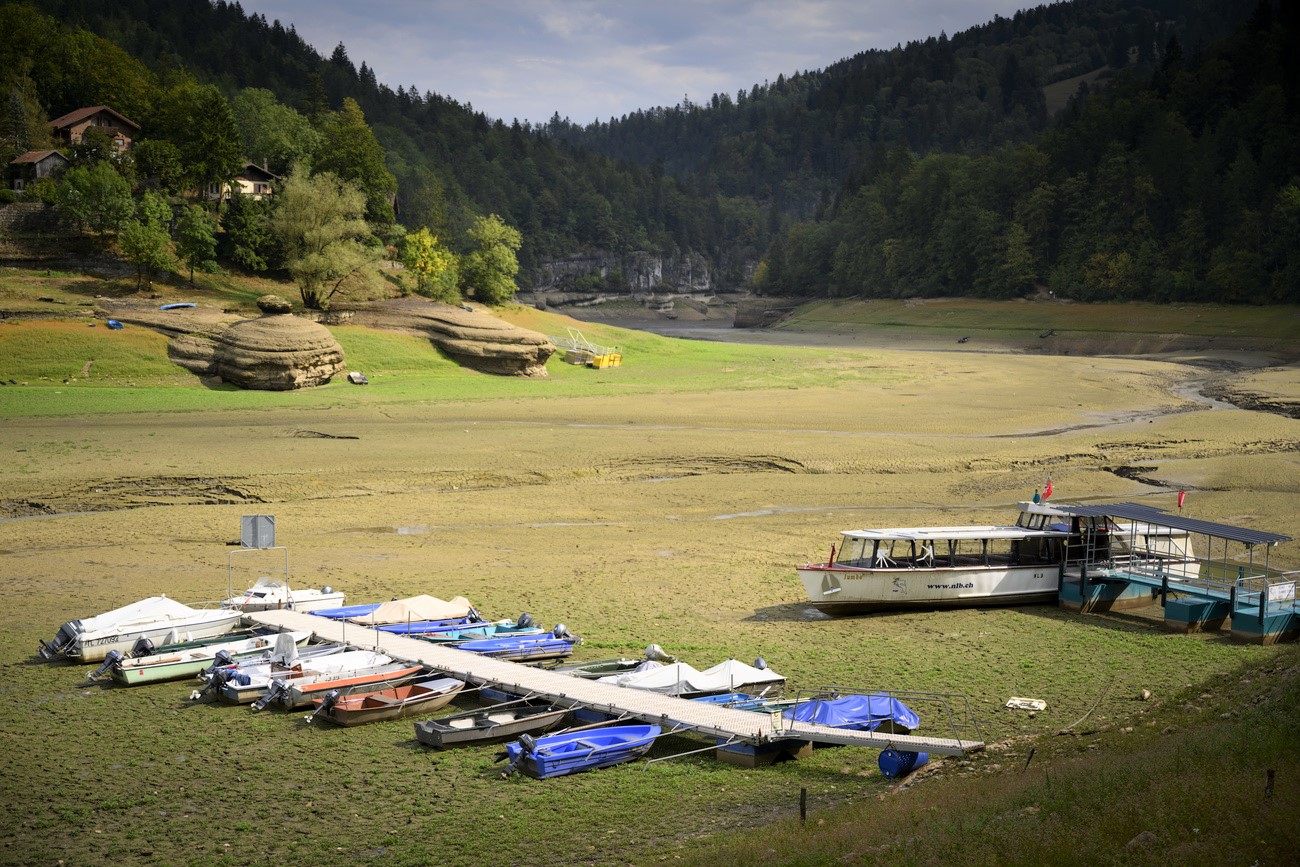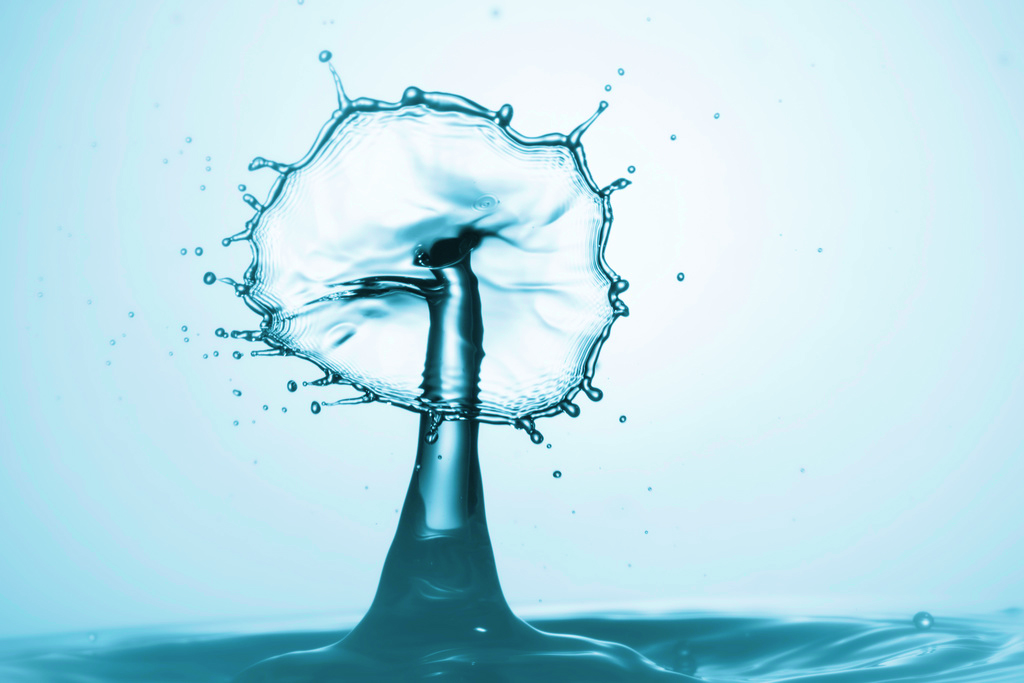‘We need to consume less water and do so more intelligently’

The time has come to move from wasting to re-using water, says Loïc Fauchon, president of the World Water Council. In an interview, he talks about solutions to water scarcity, wastewater use and the “great revolution” of this century.
SWI swissinfo.ch: Water is becoming increasingly scarce in different parts of the world. Will there be wars over water?
Loïc Fauchon: There have never been real water wars in history. People fight over access to a well, to an oasis, but these are not wars. There are at most tensions because less rain is falling from the sky or because water resources have been overexploited.
I’m quite optimistic about water resource management. Last year I attended the G20 summit in Indonesia and for the first time I heard heads of state talking about water. As a result of the severe droughts in the United States and Europe over the past two years we’re seeing a real awareness.
SWI: What are the main threats to water supply?
L.F.: One is the relatively unpredictable evolution of the climate, with delayed rainfall, more intense droughts and excessive flooding, as happened last year in Pakistan. The other is population growth.
Water is becoming scarce in many parts of the world. Even Switzerland, which holds much of Europe’s water, must rethink its management and prepare for increasingly frequent droughts. This series explores potential conflicts related to water consumption and solutions for better management of the precious resource.
SWI: How do we ensure sufficient water for a growing world population?
L.F.: We need to consume less water and do so more intelligently. In the past we have wasted a lot of water. Now we need to show intelligence, a spirit of innovation and use the latest technologies to reduce consumption. For example, it only takes small steps in everyday life, and a little common sense, to save 10-15% of water.

SWI: However, there are regions of the planet that are becoming increasingly arid.
L.F.: We need to make sufficient amounts of water available, possibly quality water, to all those populations that do not have enough. We can do this by building canals and transferring water over great distances. This is nothing new; it was already being done before Jesus Christ in Mesopotamia.
Another solution is desalination of seawater and brackish water. Thanks to the use of reverse osmosis, the cost of desalination has dropped in 20 years from about $10 (CHF9) per cubic meter to less than $1. Desalinated water is affordable and currently about 70 countries, including several poor states, produce fresh water in this way.
SWI: Desalination plants consume a lot of energy though.
L.F.: True, but they consume less and less energy and are powered by renewables such as solar or geothermal.
The drawback is actually something else: we end up with large amounts of salt that we don’t know what to do with. In the Persian Gulf area, where the waters are relatively shallow, desalination plants in Kuwait, Dubai, Qatar and Saudi Arabia have led to an increase in salinity, affecting biodiversity and ecosystems. The situation in the Mediterranean Sea, for example, along the Lebanese or Spanish coasts, where the seabed is deeper, is different.
SWI: How can human pressure on water resources be reduced?
L.F.: One option is wastewater re-use. Thanks to increasingly high-performance treatment, water coming out of treatment stations is often fit for consumption. One country leading the way is Singapore, which has been re-using wastewater to supply water to households for years. In Europe, it’s not yet possible to re-use this water for food or agricultural production. But things are slowly changing, and this will be the great revolution of this century.
The other big development is the use of groundwater, a relatively little-known area. We have huge reserves, in France, Switzerland and even under the Sahara Desert. UNESCO [the UN Educational, Scientific and Cultural Organization] estimates that we use only 5% of groundwater resources.
SWI: Switzerland wants to build more dams. Is this the right strategy?
L.F.: We need more reserve capacity to have water when we need it. This is a duty of those who are in power. What would people say if, for example, a government did not stockpile enough medicine or food? The same applies to water.
The World Water Council (WWC) is an international organisation based in Marseille, France, that brings together United Nations agencies, academic institutions, governments, civil society groups, and private sector companies. Its goal is to mobilise action on water issues at all levels in order to improve water security around the world. It is the founder of the World Water Forum, the largest international event on the subject that takes place every three years. According to Wikipedia, critics pin on the World Water CouncilExternal link for promotion of privatization of water supply.
Edited by Veronica DeVore

More
How to prevent conflicts over water in the middle of Europe

In compliance with the JTI standards
More: SWI swissinfo.ch certified by the Journalism Trust Initiative










You can find an overview of ongoing debates with our journalists here . Please join us!
If you want to start a conversation about a topic raised in this article or want to report factual errors, email us at english@swissinfo.ch.